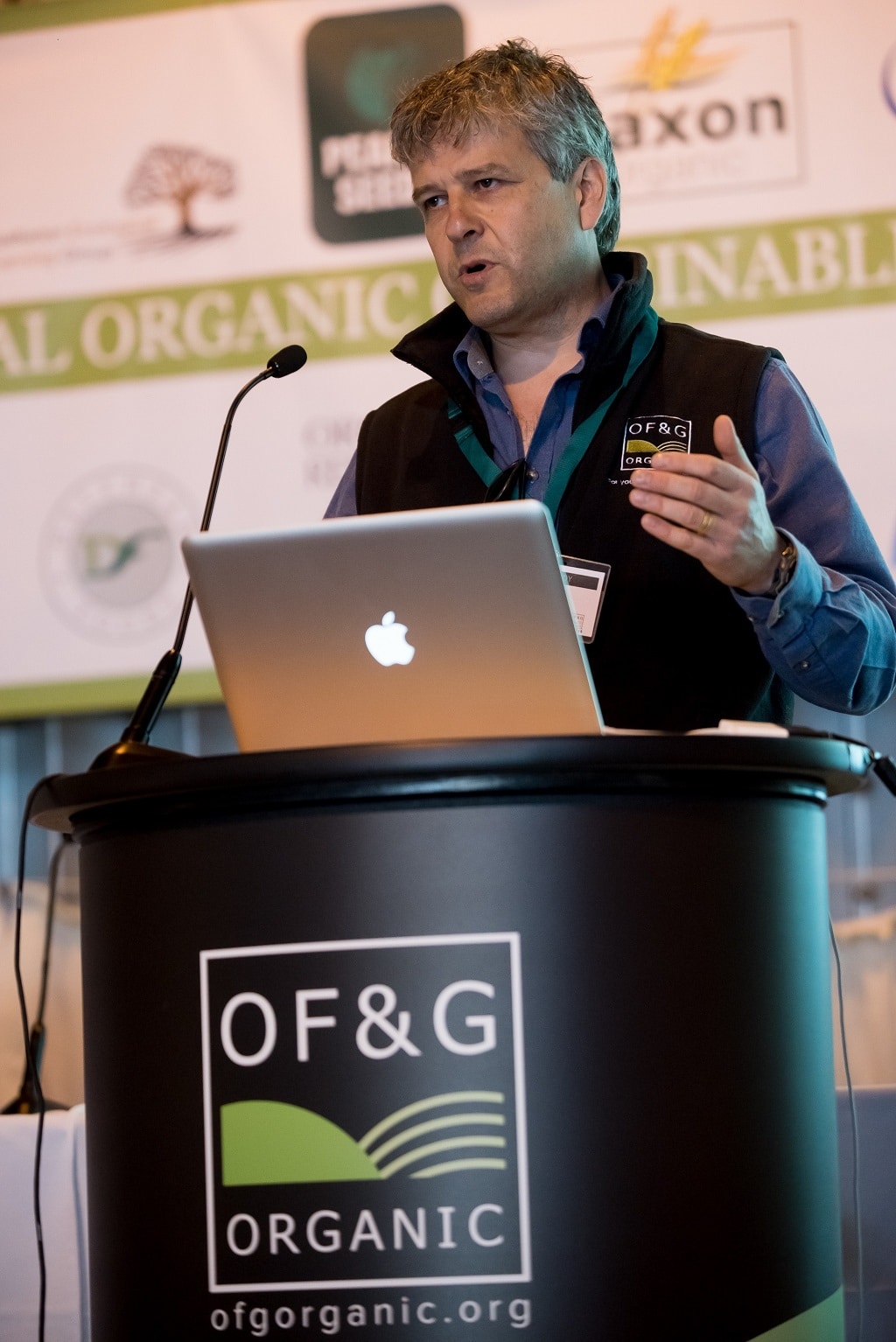Organic Farmers & Growers Organic (OF&G) is urging the UK Government to look to ‘land sharing’ rather than ‘land sparing’ as a solution to the UK’s future agricultural production needs.
“Land sparing seeks to intensify production on higher quality agricultural land while lower quality land is ‘spared’ for nature,” says Roger Kerr, OF&G chief executive. “The thinking behind this approach is that any agricultural production negatively impacts wildlife, so there needs to be a greater separation of the two.”
He argues that although land sparing is predicated on achieving much higher yields on remaining agricultural land, current technology hasn’t been able to deliver on this; also the system doesn’t address continued soil degradation or greenhouse gas emissions.
Land sharing comprises integrating agricultural production with more environmentally friendly techniques, bringing nature into the field rather than displacing it somewhere else
Promoting agro-ecological and organic techniques as delivering multiple environmental benefits, he adds: “Land sharing comprises integrating agricultural production with more environmentally friendly techniques, bringing nature into the field rather than displacing it somewhere else.
“Stacking a diverse range of benefits in this way is proven to be far more resilient in the face of both climatic and economic shocks than intensive mono-cropping that remains reliant on energy intensive and costly inputs.”
However, Kerr says the UK Government appears to favour a land sparing approach ‘without fully considering’ the resultant challenges and issues.
Calling for more funding into organic research, he concludes: “Through organic approaches, we can make meaningful changes to the environment as well as create a sustainable food production future. For example, in 2017 alone, UK organic crops grown without synthetic inputs resulted in 300t less pesticide active ingredients and 40,000t less fertilizer being used. This reduced need for fossil fuel based inputs and resultant reduction in field operations significantly decreases GHG emissions.”




